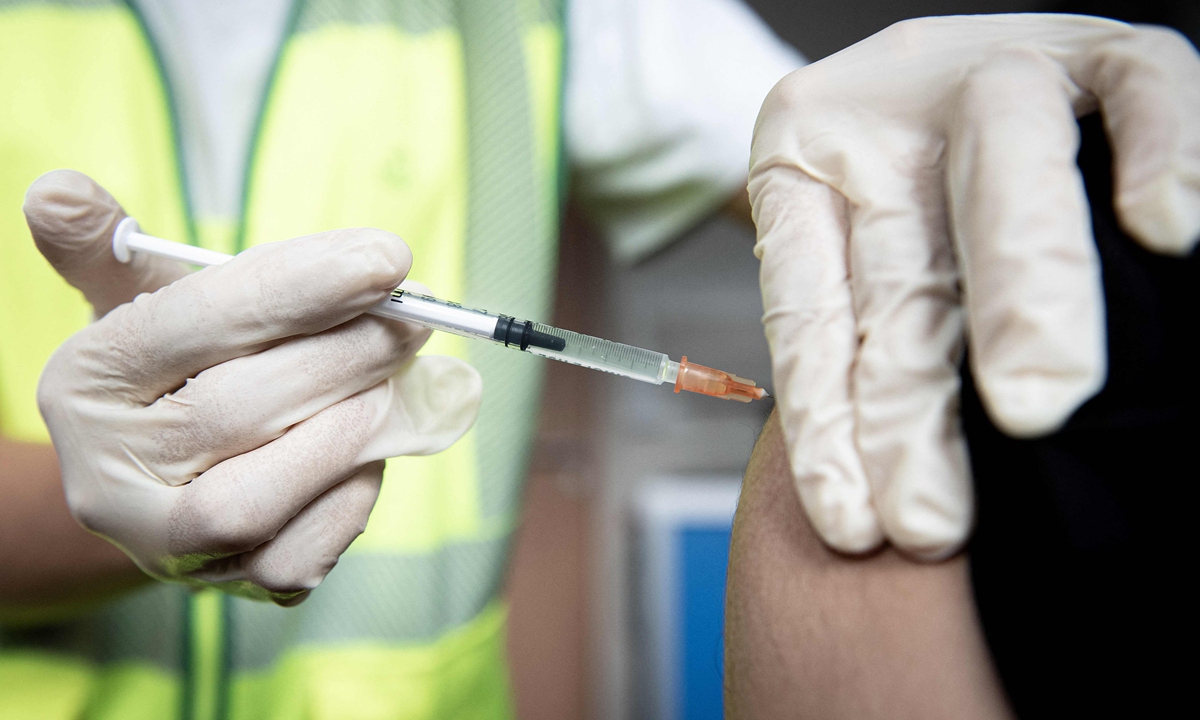WHO declares mpox outbreak a public health emergency, 'international collaboration needed to tackle disease spread'

mpox
On Wednesday, the World Health Organization (WHO) declared that the outbreak of mpox constitutes a public health emergency of international concern (PHEIC), which carries the potential to spread further across countries in Africa and possibly outside the continent. The following day, Chinese medical experts underscored the importance of international collaboration in containing the spread of the disease across borders.The declaration was made by WHO Director-General Tedros Adhanom Ghebreyesus, given the upsurge of mpox in the Democratic Republic of the Congo (DRC) and a growing number of countries in Africa, per a news release from the WHO website.
This marks the second PHEIC determination made by WHO, relating to mpox, in two years. Official data showed the number of cases reported in the DRC so far this year has exceeded last year's total, with more than 15,600 cases and 537 deaths.
WHO's determination came after the Africa Centres for Disease Control and Prevention (Africa CDC) on Tuesday officially declared the ongoing mpox outbreak a Public Health Emergency of Continental Security.
According to the Africa CDC on Tuesday, at least 13 African countries, including previously unaffected nations Burundi, Kenya, Rwanda and Uganda, have reported mpox outbreaks. Suspected cases across the continent have surged past 17,000, a significant increase from 7,146 cases in 2022 and 14,957 cases in 2023. "This is just the tip of the iceberg when we consider the many weaknesses in surveillance, laboratory testing and contact tracing," read the Africa CDC press release.
WHO's declaration of a public health emergency of mpox is mainly aimed at strengthening global cooperation between countries and regions to prevent the disease from developing into a larger pandemic, Zhuang Shilihe, a Guangzhou-based medical expert who closely follows public health issues, told the Global Times on Thursday.
The symptoms of mpox are much clearer, with visible skin rashes and other symptoms, making it theoretically easier to control and discover compared to respiratory infectious diseases, according to Zhuang. It is hoped that with increased international support and resources, including support for vaccine development, the spread of the disease can be contained, Zhuang noted.
Prevention and control of mpox should focus on early detection, reporting, isolation and treatment to prevent the spread of the disease. Adherence to principles of combined prevention and control, precise measures and rapid response is crucial in effectively managing outbreaks, Lu Hongzhou, head of the Third People's Hospital of Shenzhen, told the Global Times on Thursday.
Men who have sexual relations with men in Asia are considered a high-risk group for mpox. It is important to prioritize prevention and control measures for this high-risk group to prevent transmission to the general population, Lu said, noting that the public does not need to panic.
Most cases in China have had mild symptoms, but individuals with compromised immune systems or advanced cancer may experience severe illness or even death, according to Lu.
China issued a mpox prevention and control plan in July 2023 to optimize the country's measures against the infectious disease. The plan calls for multi-channel effective monitoring of medical institutes, key groups and international arrivals.
Additionally, local health and disease control departments, along with relevant social organizations, should fully draw on the experience and service model of comprehensive intervention for HIV/AIDS prevention and treatment, and carry out peer education at key activity venues such as bars, clubs and baths frequented by men who have sexual relations with men, according to the plan.

